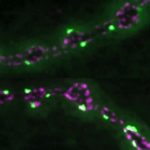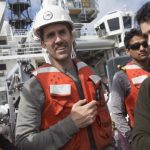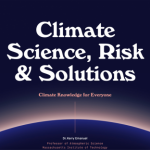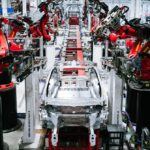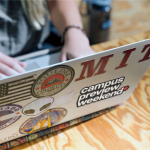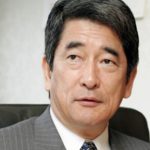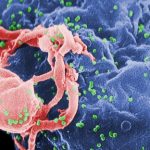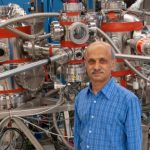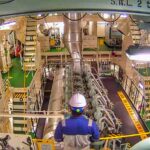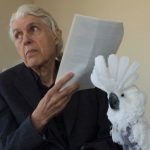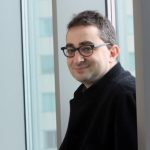Study finds “volume dial” for turning neural...
Neuroscientists at MIT’s Picower Institute for Learning and Memory have found that a protein acts like a volume dial for the release of neurotransmitters, the chemicals that neurons release across connections called synapses to stimulate muscles or communicate with other neurons in brain circuits. The findings help explain how synapses work and could better inform understanding of some neurological disorders. Working in the model of fruit flies, the team determined that the protein Synaptotagmin 7 (SYT7), which is also...

